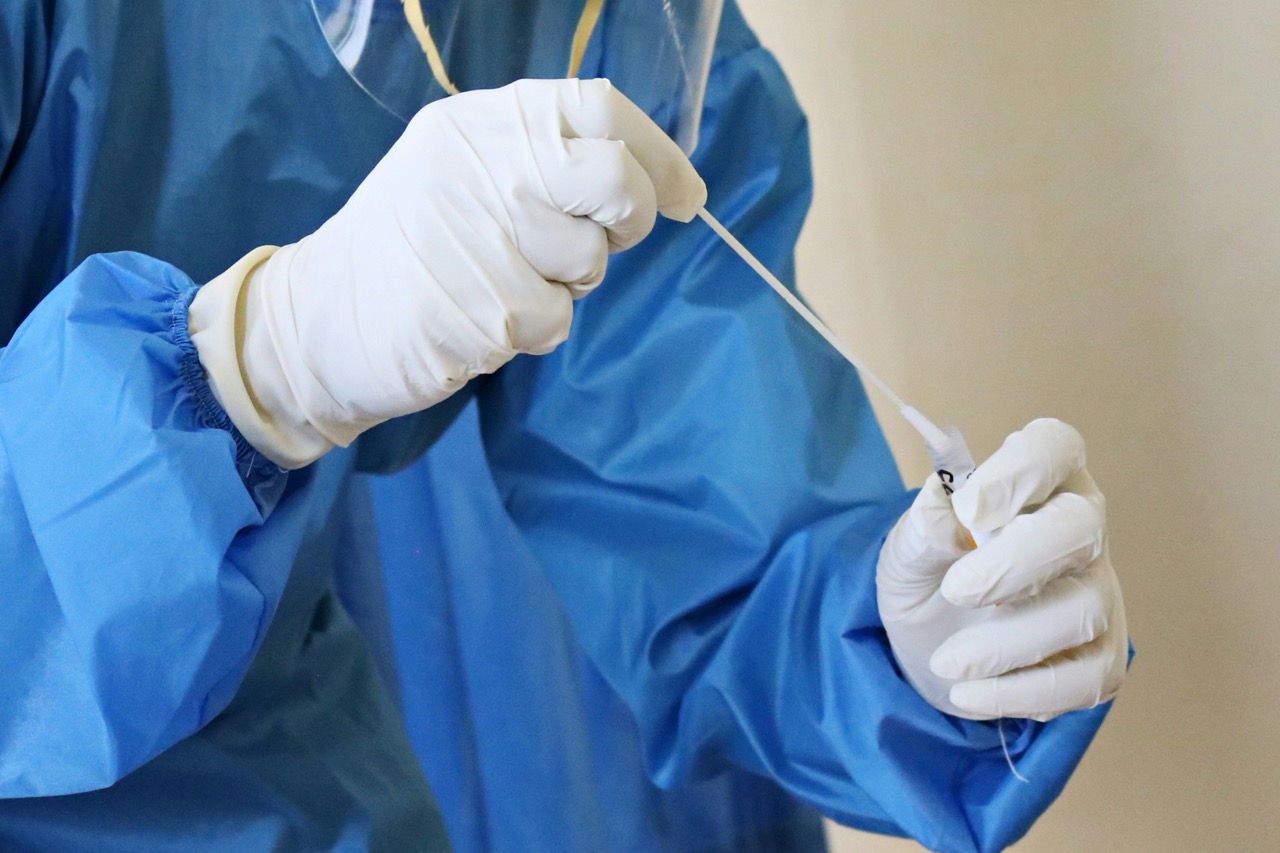Human Papillomavirus (HPV) is one of the most common sexually transmitted infections worldwide, affecting millions of individuals, including pregnant women. Understanding the implications of HPV during pregnancy is crucial for expectant mothers, as it can influence both maternal and fetal health. This article aims to educate readers on HPV, its potential risks during pregnancy, how to recognize symptoms, and best care practices for managing the condition.
Understanding HPV: What Expecting Mothers Should Know
HPV is a group of more than 200 related viruses, with some types classified as high-risk due to their association with cervical cancer and other malignancies. While most sexually active individuals will contract HPV at some point, the body’s immune system typically clears the virus without causing any health issues. However, persistent infections with high-risk strains can lead to serious complications, particularly in pregnant women who may have weakened immune responses.
For pregnant women, it’s essential to understand that while HPV can be transmitted through sexual contact, most of the time, the virus does not affect the pregnancy. HPV does not cause any direct harmful effects on the fetus; however, the presence of the virus poses unique concerns regarding management, screenings, and potential treatments during pregnancy. Knowledge of HPV status can help expectant mothers make informed decisions about their prenatal care.
Healthcare providers often emphasize the importance of routine Pap tests prior to conception, as these screenings can identify cervical changes due to HPV and enable timely interventions. Expecting mothers should consult with their healthcare providers to discuss their HPV status and any necessary precautions or follow-ups during pregnancy.
Potential Risks of HPV During Pregnancy for Mother and Baby
While HPV generally does not pose a significant threat during pregnancy, there are specific risks for both the mother and the unborn child that should be considered. One primary concern is the potential for cervical dysplasia, which is a precancerous condition caused by high-risk HPV strains. If left untreated, cervical dysplasia may require interventions that could affect the pregnancy, such as surgical procedures. Therefore, continuous monitoring and appropriate screenings are crucial for women with a known HPV diagnosis.
Another potential risk involves the chance of transmitting HPV to the baby during delivery. Though rare, there have been documented cases where infants have developed laryngeal papillomatosis, a condition characterized by the growth of warts in the throat due to HPV transmission during birth. This condition can require surgical intervention and, although it is rare, it serves as a reminder for expectant mothers to discuss their HPV concerns with healthcare professionals.
Moreover, emotional and psychological factors can also play a role in how HPV affects expectant mothers. Anxiety about HPV-related health risks may lead to stress during pregnancy, which can have implications for both maternal and fetal well-being. Therefore, maintaining open communication with healthcare providers and seeking support can help alleviate concerns surrounding HPV during this critical time.
Recognizing Symptoms of HPV in Expectant Mothers
Many individuals with HPV do not exhibit any symptoms, which is why regular screenings are essential, especially for pregnant women. However, some types of HPV can cause genital warts, which may appear as small, flesh-colored or gray growths in the genital or anal areas. Expecting mothers should be vigilant and report any unusual growths or changes to their healthcare providers, as early detection and management can help prevent complications.
In addition to genital warts, some women may experience symptoms associated with cervical changes due to HPV, such as abnormal vaginal bleeding, pelvic pain, or unusual discharge. These symptoms can be concerning during pregnancy, and prompt evaluation by a healthcare professional is recommended. It’s essential for expectant mothers to maintain regular prenatal appointments, where healthcare providers can monitor any changes and provide appropriate screenings.
Lastly, it’s worth noting that many women may feel anxious about the implications of having HPV, which can contribute to psychological stress during pregnancy. Recognizing and addressing this emotional component is vital for overall maternal health, as mental well-being is closely linked to physical health outcomes during this critical period.
Best Care Practices for Managing HPV During Pregnancy
Managing HPV during pregnancy begins with proactive healthcare measures. Expecting mothers should ensure they have regular prenatal appointments, which typically include screenings for HPV and cervical health. Early detection of any cervical changes due to HPV can allow healthcare providers to recommend appropriate management strategies that minimize risks for both the mother and the baby.
A healthy lifestyle is also crucial during pregnancy. Expecting mothers should focus on maintaining a balanced diet, engaging in regular physical activity, and avoiding harmful substances, such as tobacco and alcohol. These practices can help strengthen the immune system, potentially aiding in the body’s ability to clear the HPV virus. Additionally, discussing vaccination status with a healthcare provider can provide further protective measures against HPV-related complications.
Lastly, emotional support is an essential aspect of managing HPV during pregnancy. Expectant mothers should feel empowered to discuss their feelings and concerns with healthcare providers, family, and friends. Support groups or counseling services may also be beneficial for those dealing with anxiety related to their HPV status. Open dialogue and emotional well-being contribute to a healthier pregnancy experience.
In conclusion, understanding HPV and its implications during pregnancy is essential for the health and well-being of both the mother and the baby. By staying informed about potential risks, recognizing symptoms, and adopting best care practices, expectant mothers can take proactive steps to manage their health during this pivotal time. Regular communication with healthcare providers and a focus on overall wellness can lead to positive outcomes for both mother and child, fostering a healthy pregnancy journey.










